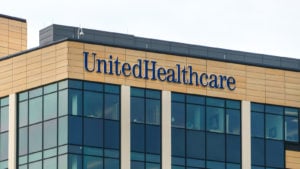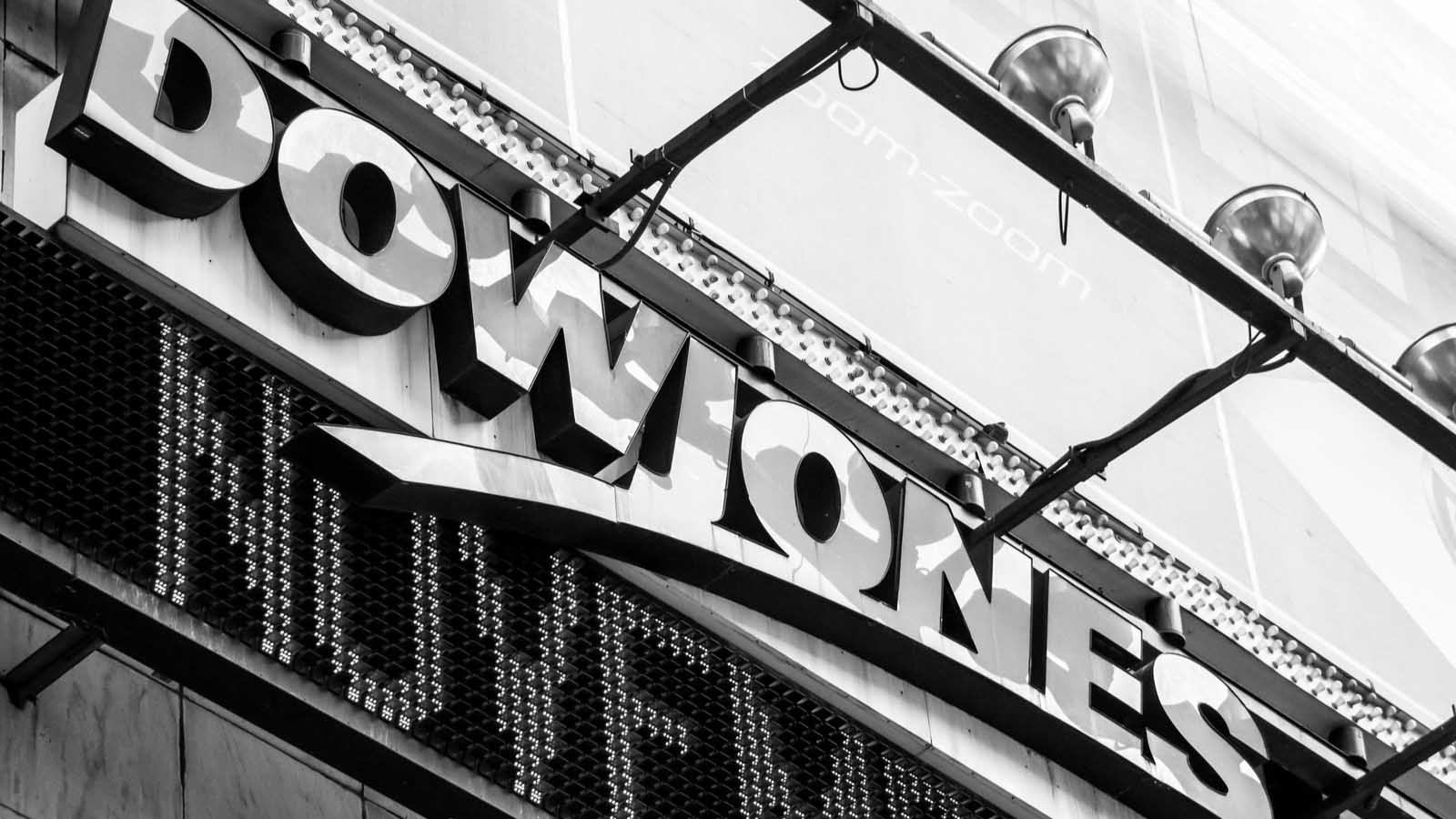- Some of the Dow’s constituents possess lucrative buying opportunities as they exhibit quality in abundance. I’ve identified a few household names that could bolster your portfolio.
- Boeing (BA) – Investors haven’t picked up this reopening play just yet.
- Apple (AAPL) – Robust growth and economies of scale could curb its exposure to global supply-chain issues.
- Coca-Cola (KO) – Organic sales and consumer staple tailwinds make KO stock an excellent conviction play.
- Microsoft (MSFT) – An underappreciated market stronghold and a healthy balance sheet could lead to a MSFT stock recovery.
- UnitedHealth (UNH) – This remains an excellent option for investors seeking a risk-off asset with consistent returns.
It seems as though the market’s reverting to pre-pandemic territory. For instance, according to Bloomberg News, a Morgan Stanley report opines that most meme investors have lost all their 2020/21 gains as the market has rotated out of growth stocks. Furthermore, the contractionary economic environment has given rise to dividend and quality stocks, which have outperformed other investment styles over the past year.
I could easily see this trend continue with retail investors allocating funds into safer securities due to fear of further losses. A classical risk-aversion is the most likely outcome after a stock market sell-off, as investors tend to taxi their money into safe havens during bear markets. I could see the current risk-off narrative persist until a conducive environment for growth and small-cap stocks surfaces.
A few of the most high-quality stocks have been overlooked, and I believe now is their time to shine; here are five high-quality Dow stocks worth buying.
| BA | The Boeing Company | $127.20 |
| APPL | Apple Inc. | $147.11 |
| KO | The Coca-Cola Company | $65.72 |
| MSFT | Microsoft Corporation | $261.12 |
| UNH | UnitedHealth Group Incorporated | $485.40 |
Boeing (BA)

Boeing (NYSE:BA) is a top-tier reopening play that still hasn’t been recognized by the market. I’m not a fan of industrials at the moment. However, airline manufacturers are an exception as their business activities have lagged the sector due to a stagnating transportation industry. The stock’s trading at a one-year relative strength of 22.59, presenting a fantastic “buy the dip” opportunity.
Furthermore, one of Boeing’s largest customers, AerCap (NYSE:AER), believes Boeing will bounce back soon. According to Aengus Kelly who’s the company’s CEO: “Clearly Boeing has got its own issues, but Boeing is a tremendous company that’s helped build the world for the last 100 years and I would never write them off, they still build great airplanes,”
Lastly, BA stock is undervalued on a normalized basis, with its price-to-sales ratio trading at a discount worth 42.06%, suggesting that the stock’s revenue capacity is underestimated.
Apple (AAPL)

Apple (NASDAQ:AAPL) stock is down by nearly 15% since the turn of the year, which is astonishing. This is a company with a market stronghold and 34.28% year-over-year operating income growth. Additionally, Apple’s product differentiation strategy and economies of scale (gross margin of 43.32%) has allowed it to achieve indefinite profitability. Yet, the market’s bearish on the stock due to global supply chain concerns.
However, market participants should realize that procurement and 3rd party sourcing is one of Apple’s strong suits, allowing it to curb supply-chain concerns. Additionally, Apple’s restructuring of its services unit to accommodate improved streaming and advertising solutions could add significant value to its long-term prospects.
APPL stock is undervalued at a PEG ratio of 0.66x, which indicates that the stock’s earnings-per-share growth is outpacing its stock price by 1.52x.
Coca-Cola (KO)

A former Warren Buffett favorite, Coca-Cola (NYSE:KO) is making significant strides again. Elon Musk even joked that he’d buy the company after his Twitter (NYSE:TWTR) acquisition, albeit for peculiar reasons.
Coca-Cola has dazzled with organic sales recently. The company recently beat its first-quarter earnings estimate by 6 cents per share after its organic sales increased by 18%, with a 39% surge in Latin America.
Chris Carey of Wells Fargo believes the consumer staples sector will continue to outperform the broader market as investors ride out macroeconomic headwinds. I agree with Carey; it’s trivial that the current economic environment is conducive for consumer staple stocks as they’re generally defensive plays.
KO stock exhibits a solid return on equity of 45.61% and offers a lucrative dividend at a forward yield of 2.75%. This stock is in magnificent shape!
Microsoft (MSFT)

Microsoft (NASDAQ:MSFT) has fallen below a $2 trillion market capitalization with a drawdown of nearly 20% since the start of the year. I just can’t imagine MSFT stock continuing to slide. Microsoft’s diverse range of hardware and software offerings has led to an immaculate 26.27% 5-year compound annual growth rate in the company’s operating income.
Furthermore, Microsoft’s balance sheet is robust, with an Altman Z-score of 8.62, allowing it to provide lucrative residual to its stockholders. Thus, I’m bullish on Microsoft stock as I believe it has the qualities to outperform in a doubtful stock market.
UnitedHealth (UNH)

UnitedHealth (NYSE:UNH) stock is probably the ultimate defensive play. I say this because of its exposure to the healthcare sector and its government-granted contracts. Sure, the insurance industry has faced its challenges during the pandemic. However, UnitedHealth has a stronghold in its domain, which is conveyed by its 11.36% return-on-invested-capital ratio.
The company trotted past its first-quarter earnings estimate with a beat of 14 cents per share. Behind its success was an 82% medical care ratio, medical reserve development of $290 million, and a days claims payable of 49.1.
UnitedHealth stock is undervalued relative to its peers. First off, its price-to-sales ratio is trading at a 64.31% discount, and secondly, UNH stock is trading at an enterprise value to sales ratio of only 1.62x. I believe the stock’s far from reaching its cyclical peak and could be a good buy in the current market climate.
On the date of publication, Steve Booyens held indirect long positions in MS, BA, APPL, KO, MSFT, WFC, and UNH. The opinions expressed in this article are those of the writer, subject to the InvestorPlace.com Publishing Guidelines.
Steve co-founded Pearl Gray Equity and Research in 2020 and has been responsible for institutional equity research and PR ever since. Before founding the firm, Steve spent time working in various finance roles in London and South Africa. He holds an MSc in Investment Banking from Queen Mary – University of London and is working towards his Ph.D. in Finance, in which he’s attempting to challenge the renowned Fama-French 5-factor pricing model by incorporating ESG factors. His articles are published on various reputable web pages such as Seeking Alpha, TipRanks, Yahoo Finance, and Benzinga. Steve’s articles on InvestorPlace form an interesting juxtaposition between mainstream opinion and objective theory. Readers can expect coverage on frequently traded stocks, cryptocurrencies, crowdfunding, and ETFs.
